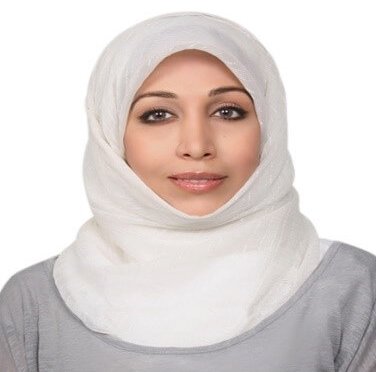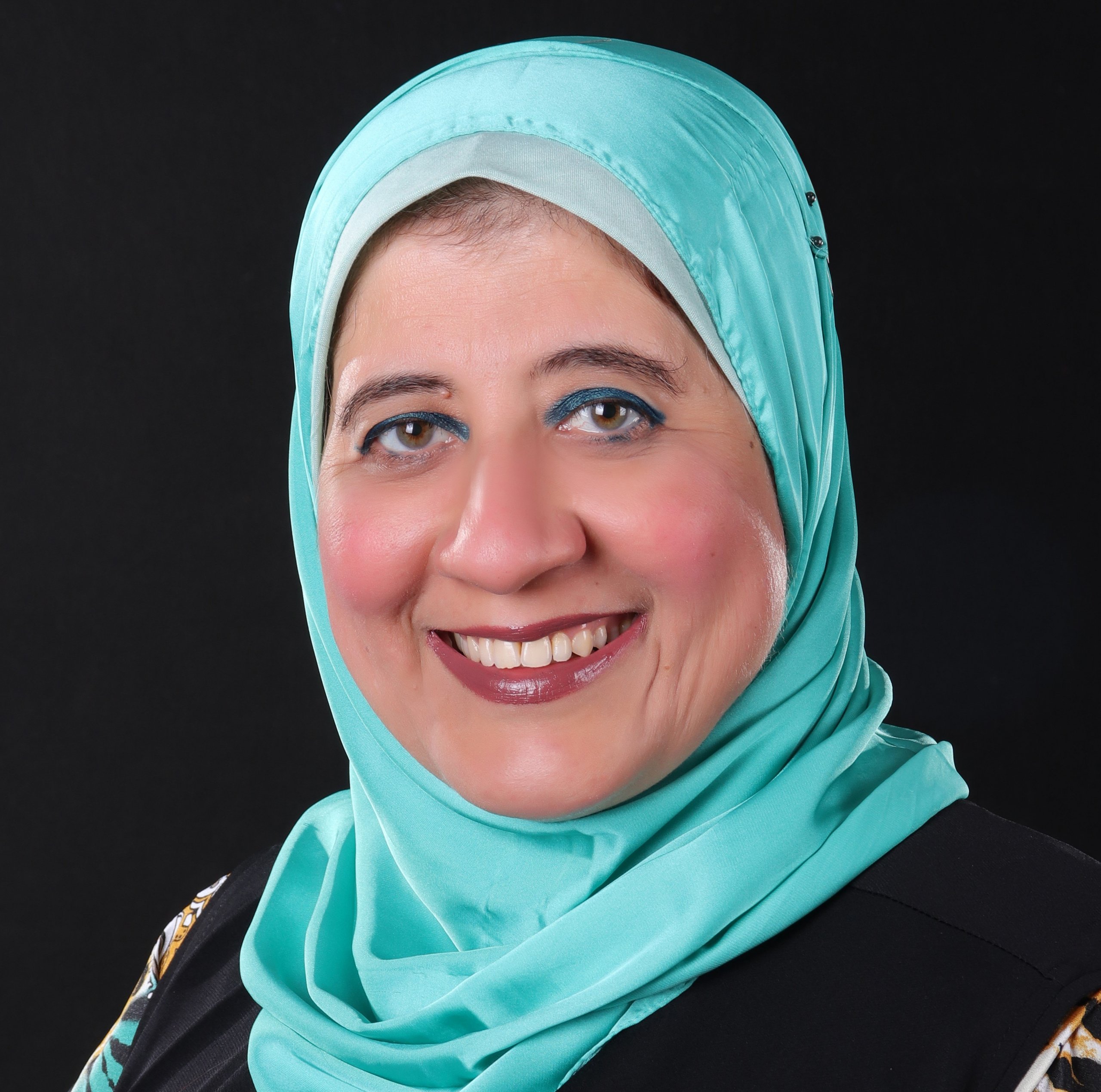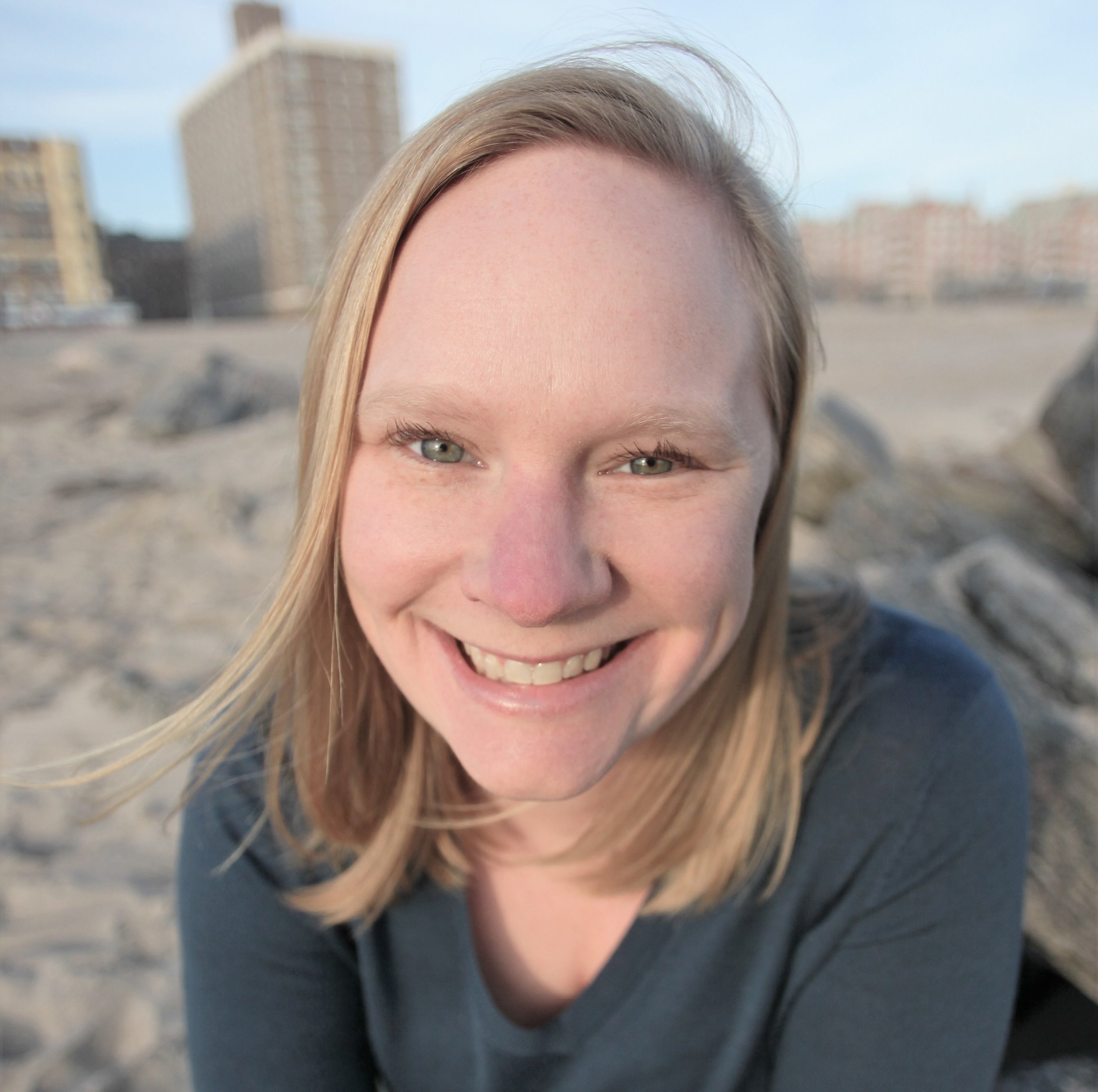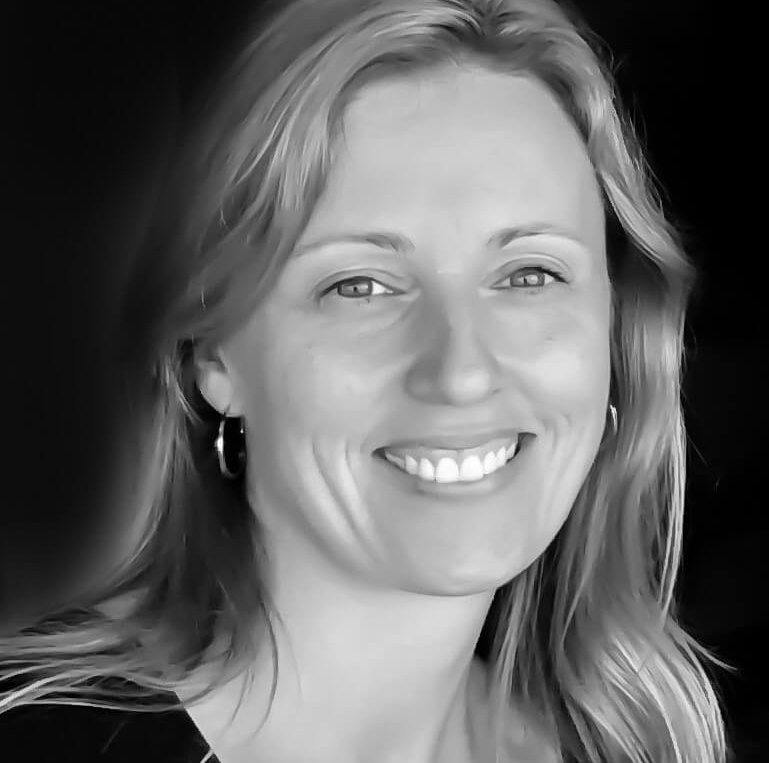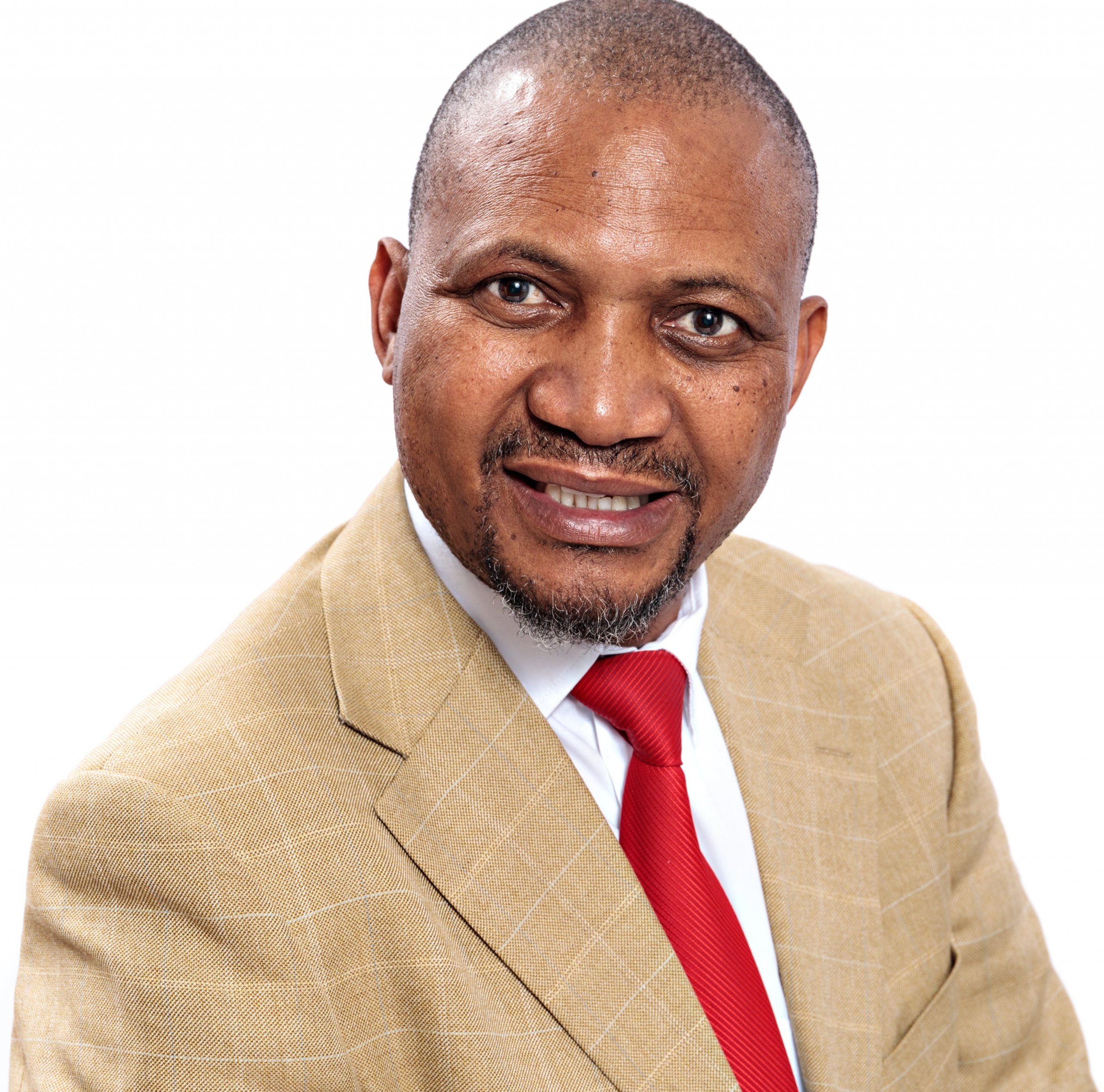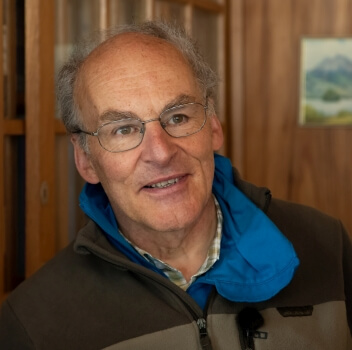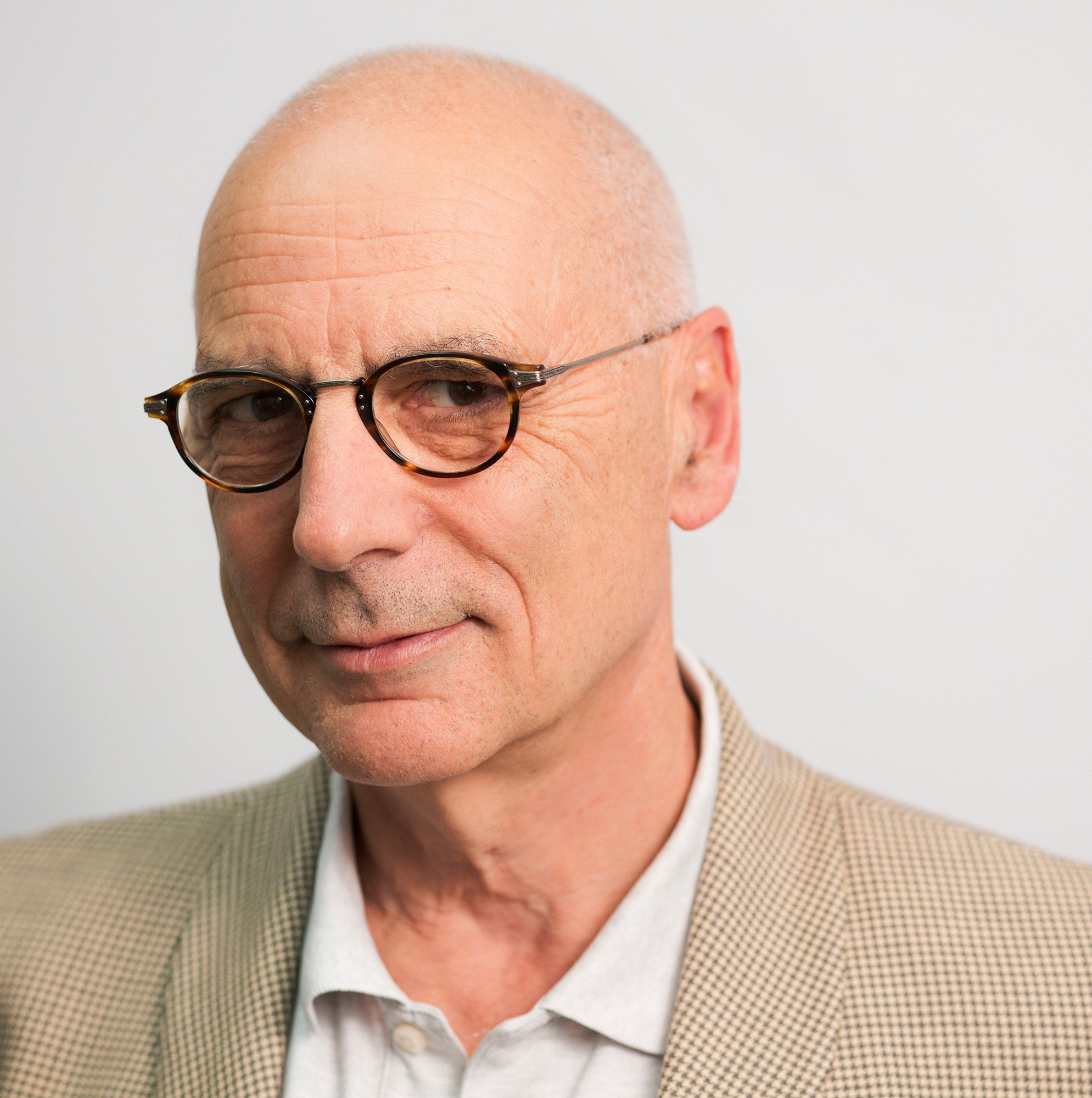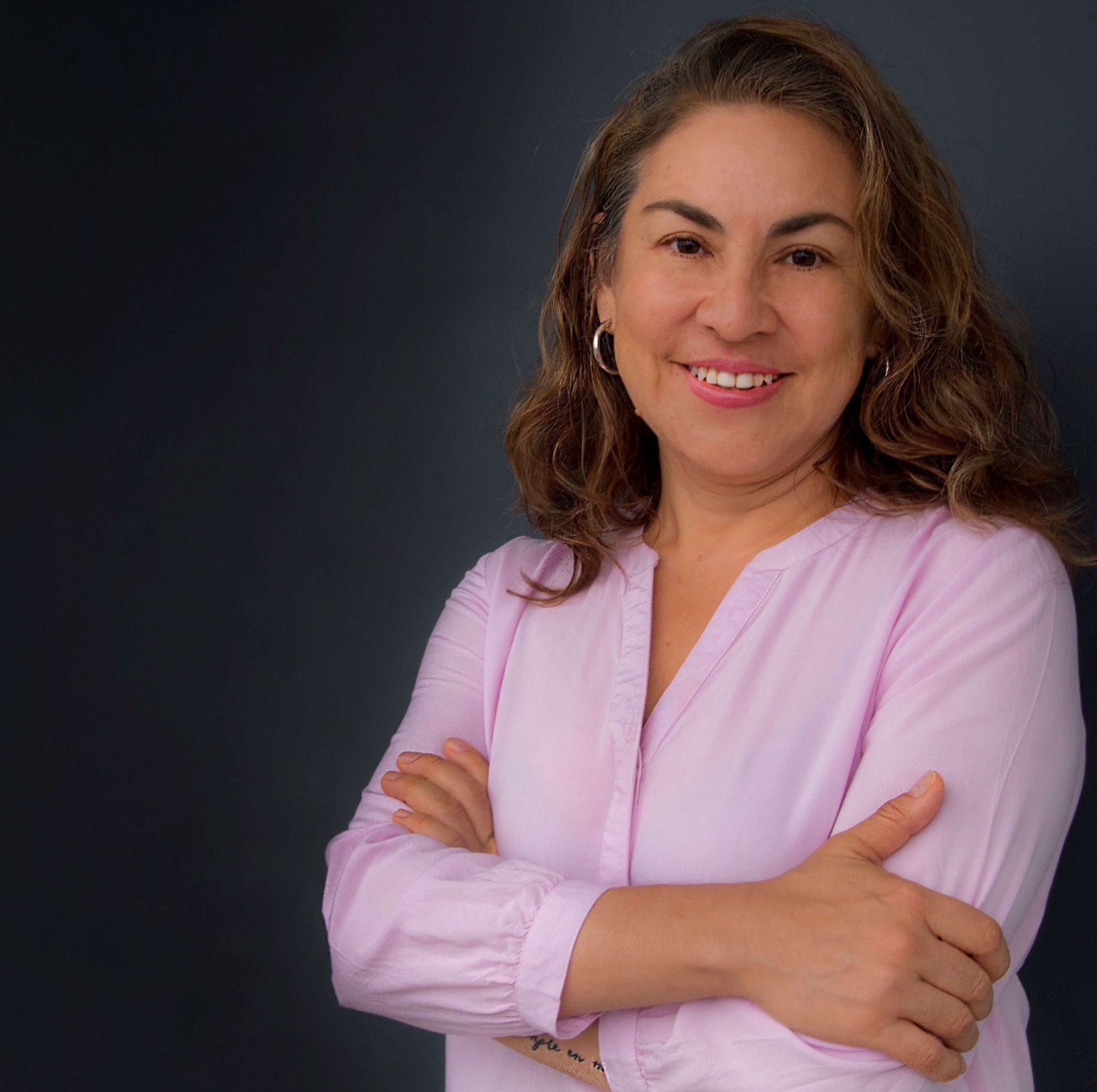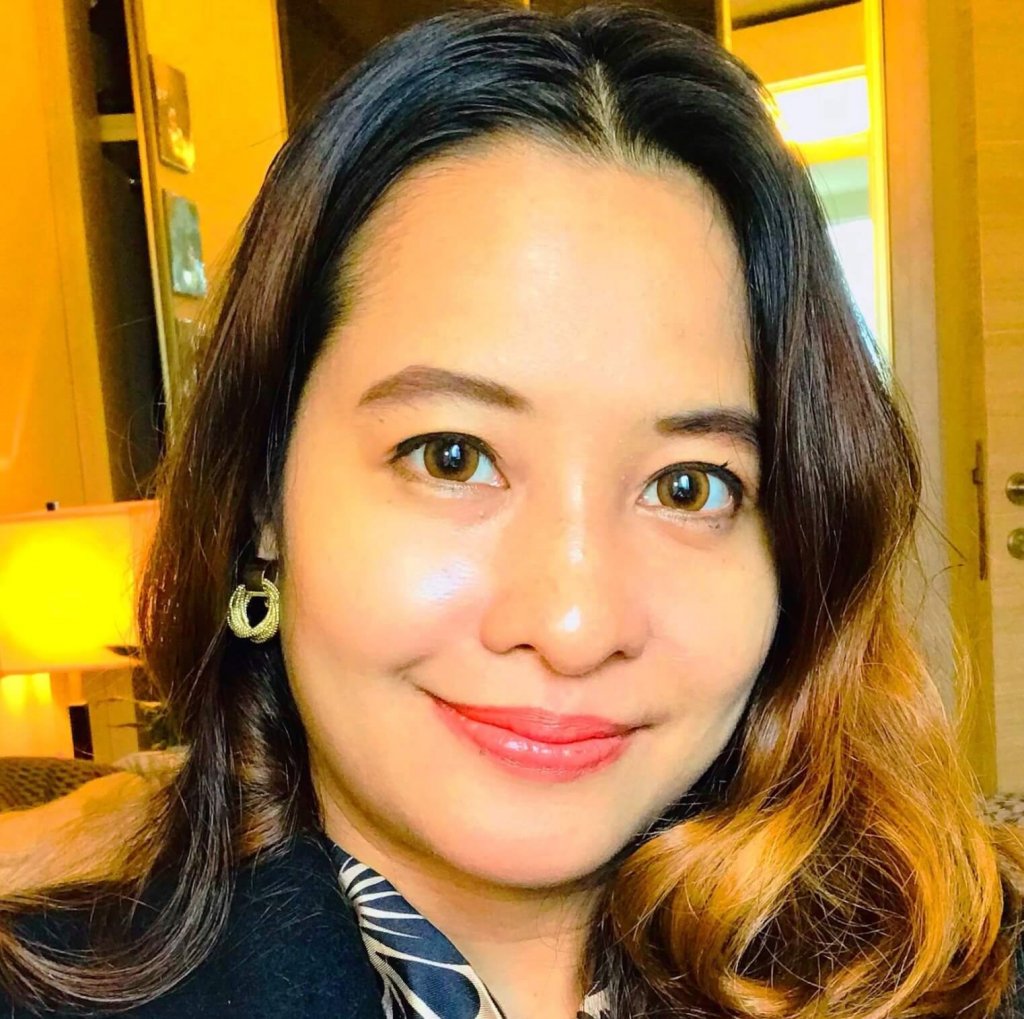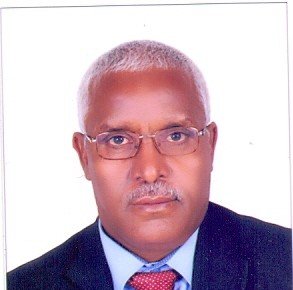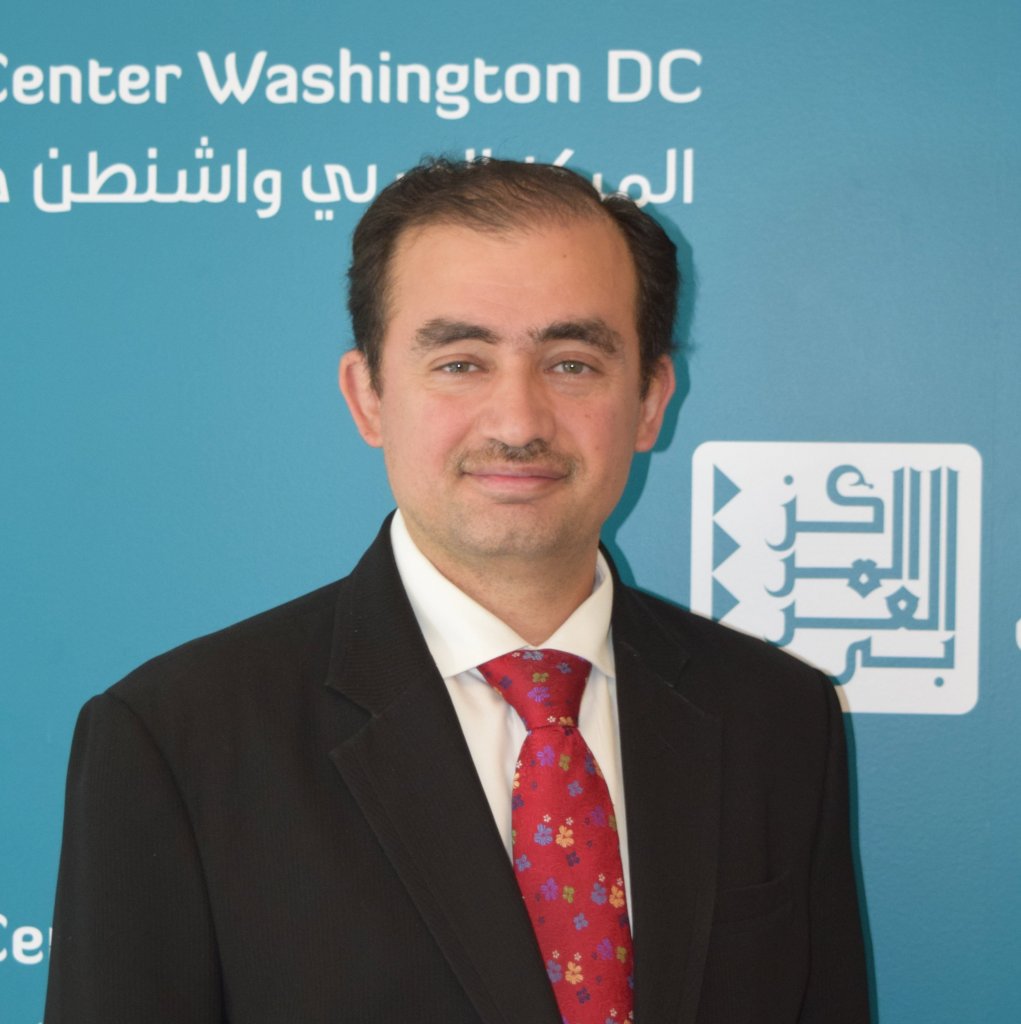🥇The first phase of this project, with funding partner Sida, Swedish International Cooperation and Development Agency, is now completed. The ISC continues to work with its partners IAP and TWAS on Science In Exile.
1. Science in Exile
The world is currently witnessing the highest numbers of forcibly displaced people on record. Their migrations are driven by conflict, persecution, violence, political uncertainty, climate change and environmental degradation, and are unlikely to diminish in the coming years. Forced migration affects some of the world’s least well-funded science systems, with relatively low levels of scientific capacity, as well as countries such as Iraq and Syria, which have had strong science systems that are now largely destroyed.
Science in Exile is conceptualized as catalytic global platform mobilizing displaced scientists, the broad scientific community and organizations with a specific science in exile and scientists at risk mandate to engage in, (1) Global support – how science organizations, institutions and systems can integrate, protect and support displaced scientists to have a meaningful career in their host/new countries, and (2) Preservation of science/build back response – how the science community can support the preservation and future development in countries and regions devastated by conflict and other humanitarian disasters and ongoing emergencies.
Anticipated impact
The Science in Exile network will gather knowledge and lay the groundwork for a cohesive and coordinated response to the issue of displaced and refugee scientists. Its mission is to enhance the work and lives of refugee and displaced scientists globally, and to do so via an active international movement which promotes the protection of scientists, leading to better science and contributions to humanity.
The Science in Exile Declaration “Supporting at-risk, displaced and refugee scientists: A call to action” was launched on 20 April 2022. Read and sign the Declaration here.
Summary
This project will build a network to support the creation of opportunities for refugee, displaced and at-risk scholars. This goal is important because it’s the only way such trained experts will be able to stay up to date in their field and maintain meaningful careers, and also be in a position to help rebuild their countries once conditions allow. And until then, these professionals can be valuable assets for any country in which they arrive.
The project is a collaboration is between The World Academy of Sciences for the advancement of science in developing countries (TWAS), the InterAcademy Partnership (IAP) and the International Science Council (ISC). Science in Exile was supported by the Swedish International Cooperation and Development Agency (Sida).
Key Milestones of the Science in Exile project
✅ The project, which was launched in June 2020, will involve an awareness-raising campaign dedicated to assisting scientists who have been rendered refugees or are otherwise displaced by crises in their home countries.
✅ The launch of the Science in Exile strategy and interim governance structure took place during the second stakeholders’ workshop in March and April of 2021. A report from the meeting is here.
✅ A forum took place in June 2021 as part of the Sustainability & Research Innovation Congress 2021: Scientists in Exile – A meta-view of the impact of ongoing uncertainty and risks for scientists and the production of science (Forum).
✅ Following a global call, a Steering Committee for the initiative was appointed in June 2021.
✅ A series of webinars raised awareness of and discussed key issues and challenges faced by at-risk, displaced and refugee scientists, to support greater solidarity towards affected scientists. Each of the webinars focused on a different stage of the displacement cycle.
✅ The 2021 TWAS-IsDB Young Refugee and Displaced Scientists Programme for Women was launched in 2021.
✅ On 30 September 2021, the International Science Council launched a series of six podcasts on the theme ‘Science in Exile’. The podcasts feature interviews with refugee and displaced scientists who share their science, their stories of displacement, and their hopes for the future.
✅ The Science in Exile Declaration “Supporting at-risk, displaced and refugee scientists: A call to action” was launched on 20 April 2022 at an online event. The Declaration outlines six key commitments necessary for both immediate and long-term support, and protection to scholars and scientists who are at-risk, displaced or refugees, so they can continue to make their rightful contributions to science. Read and sign the Declaration here.
✅ A panel session was presented at the World Science Forum in Cape Town, South Africa on At-Risk, Displaced, and Refugee Scholars: Global Dynamics and Best Practices in December 2022.
✅ A podcast series was launched in December 2022 on Science in Times of Crisis.
📨 Additional information is available on the Science in Exile website. For updates on Science in Exile activities, subscribe to the Newsletter. Access additional resources for at-risk, refugee and displaced scientists.
Steering Committee
2. Science in times of crisis
Responding to the war in Ukraine
On 28 February 2022 the ISC published a Statement on the war in Ukraine and together with its members and partners, is working to mobilize support for the scientific community in Ukraine.
The ISC and All European Academies (ALLEA) co-chair the Ukraine Science Stakeholders group that meets on a monthly basis to enhance the effectiveness of the science sector’s response to the Ukraine crisis by providing a forum that connects science stakeholders in Ukraine and the rest of the world – including NGOs, science academies, science disciplinary bodies, government stakeholders, UN agencies and relevant private sector representatives.
On 15 June 2022 the ISC and partners ALLEA, Kristiania University College, and Science for Ukraine co-hosted the ‘Conference on the Ukraine Crisis: Responses from the European Higher Education and Research Sectors’.
- Download the conference report here.
- A follow-up conference co-organized with ALLEA will take place on 20 March 2023.
Explore responses to the war and opportunities for Ukrainian scientists from the ISC Member community here.
Supporting the scientific community in Afghanistan
On 31 December 2022, the International Science Council released a statement on the exclusion of women from university education in Afghanistan, urging Afghan authorities to reverse their decision. The Council is deeply committed to equality of opportunity in access to education and participation in the scientific endeavour. This commitment to equity eschews difference on the basis of sex or gender.
- Visit our action and support page and share resources that can support the scientific community in Afghanistan.
- Read statements from the scientific community.
Contact
Senior Science Officer
vivi.stavrou@council.science

